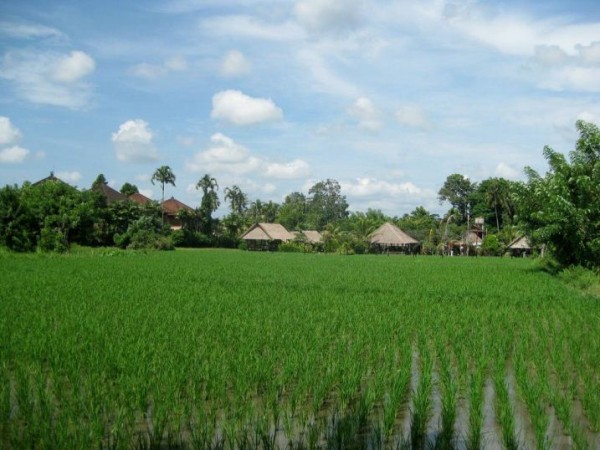Following the 2008 food crisis, the Association of Southeast Asian Nation (ASEAN) approved the ASEAN Integrated Food Security (AIFS) aiming to address four major components including food security arrangements and emergency short-term relief; sustainable food trade development; integrated food security information system; and agricultural innovation.
One of the remaining challenge is to see whether the AIFS framework has provided an adequate foundation for the development of food reserve in Asia, in particular rice reserve.
Roehlano Briones, a senior research fellow at the Philippine Institute for Development Studies published an ADB working paper on “Regional Cooperation for Food Security: the Case of Emergency Rice Reserves in the ASEAN Plus Three” (Briones 2011). He proposes some rational for regional rice reserve. During emergencies, rice reserves should be seen as a public good given under-investment made by the private sector and their limited ability to respond quickly and effectively to the change in demand. The private sector may face high transaction costs due to difficulties in identifying pre-paid customers; risks posed by price spikes and supply disruptions including social unrest due to widespread hungers and no or limited protection of private property rights at emergency events.
Challenges facing regional cooperation for rice reserves become more evident when the definition of emergency is being taken into account. Would food emergencies include the food price crisis or would it confine to natural disasters?
The AIFS says both would be covered:
“Emergency is the state or condition having suffered extreme and unexpected natural or man-induced calamity, which is unable to cope with such state or condition through its national reserve and is unable to procure the needed supply through normal trade.”
To build on previous regional commitment including the AERR (ASEAN Emergency Rice Reserve) launched in 1975 and the implementation of a pilot project EAERR (East Asia Emergency Rice Reserve) between 2003 and 2010, the ASEAN Plus Three which include all ASEAN member countries plus China, Japan and South Korea formalised an agreement on APTERR (ASEAN Plus Three Emergency Rice Reserve) in October 2011.
Briones (2011) highlights several challenges facing the APTERR including the needs for this scheme to get strong funding support which might involve the development of a business mode; harmonisation of regulatory frameworks between member countries and the needs to ensure that both regional reserve and national stock agencies have some level of organisational capacity for effective response to food security crises.
Slow development of regional cooperation for food security raises concerns over the region’s ability to address future food emergencies.
According to Lassa and Morales as published by the Jakarta Post (16 July 2014), data from the ASEAN Food Security Information System (AFSIS) suggests that during 2007-2013, total rice losses (due to climate-related events e.g. floods, drought and pest attacks) was 7.4 million ha (or about 25.2 million ton of rice). However, they argue that this data might actually be higher as Vietnam was not included.
What is even more concerning is that regional experience suggests that many countries responded to the 2008 food crisis by setting inward-looking policies including protectionist trade policies. Thailand, under the leadership of Prime Minister Yingluck Shinawatra even took an extreme policy option that had potentials causing ‘price crisis’ to other countries in the region. In 2011 former Prime Minister Yingluck Shinawatra pledged to pay rice producers 50 per cent more than the going market price. While supporting local farmers, the Thai government also hoped to drive up world prices by withholding supplies from the world market and make a speculative profit by selling the stocks at a higher price.
Global Food Studies Researcher Dr Risti Permani and Dr David Vanzetti of the Australian National University examine the welfare effects of this policy. They conclude that while the Thai policy was effective in supporting the incomes of rice producers in the short run, the burden imposed on taxpayers and consumers seems difficult to justify.
As pointed out by Briones (2011), what is needed is renewed commitment made by ASEAN member countries.
In particular, commitment to better develop food security programs which may involve considerations about aspects consisting of good policy such as regional view, partnership, efficiency, whole of chain, relevance and access to information as suggested by our regional dialogue on food security in 2013.


